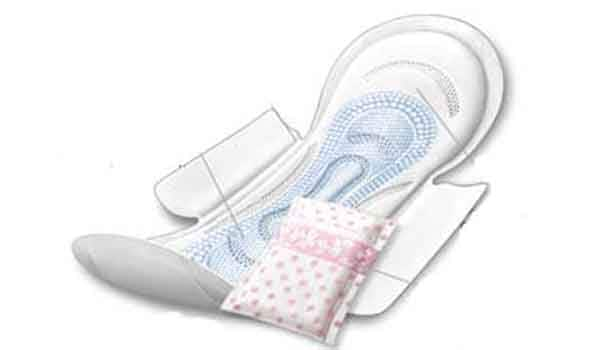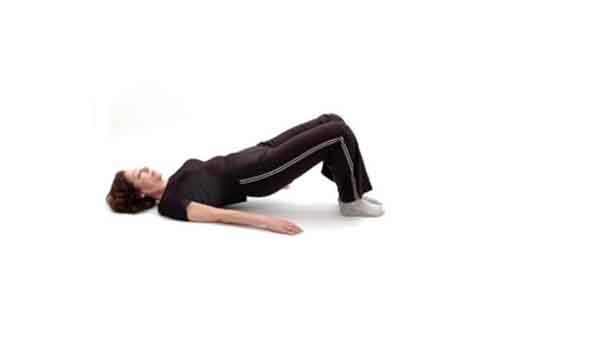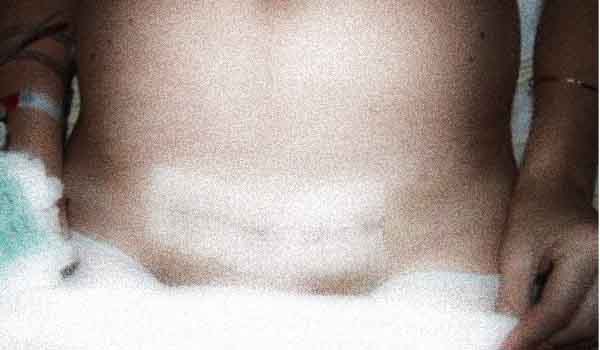Set your goals right
Before you begin your fitness regimen, set yourself some goals such as, "I want to get in shape so I will join a gym or dance classes.") Making goals help you stick to your exercise regimen.
Know your limits
If you have not exercised in a while it may feel impossible but keep going; however, don't overdo it. Overdoing may cause you serious harms like extreme tiredness or body pain.
Before you begin your fitness regimen, set yourself some goals such as, "I want to get in shape so I will join a gym or dance classes.") Making goals help you stick to your exercise regimen.
Know your limits
If you have not exercised in a while it may feel impossible but keep going; however, don't overdo it. Overdoing may cause you serious harms like extreme tiredness or body pain.
|
Do not feel discouraged if you are not losing the desired weight in a week or so. If you are constantly working out, you will gradually see and feel changes in your body over time, but it won't happen overnight.
Mornings are best for exercising
Mornings are best for exercising
It is always better to exercise in the morning before other commitments distract you. Exercising in the morning raises your heart rate and metabolism to burn more calories earlier in the day.







































